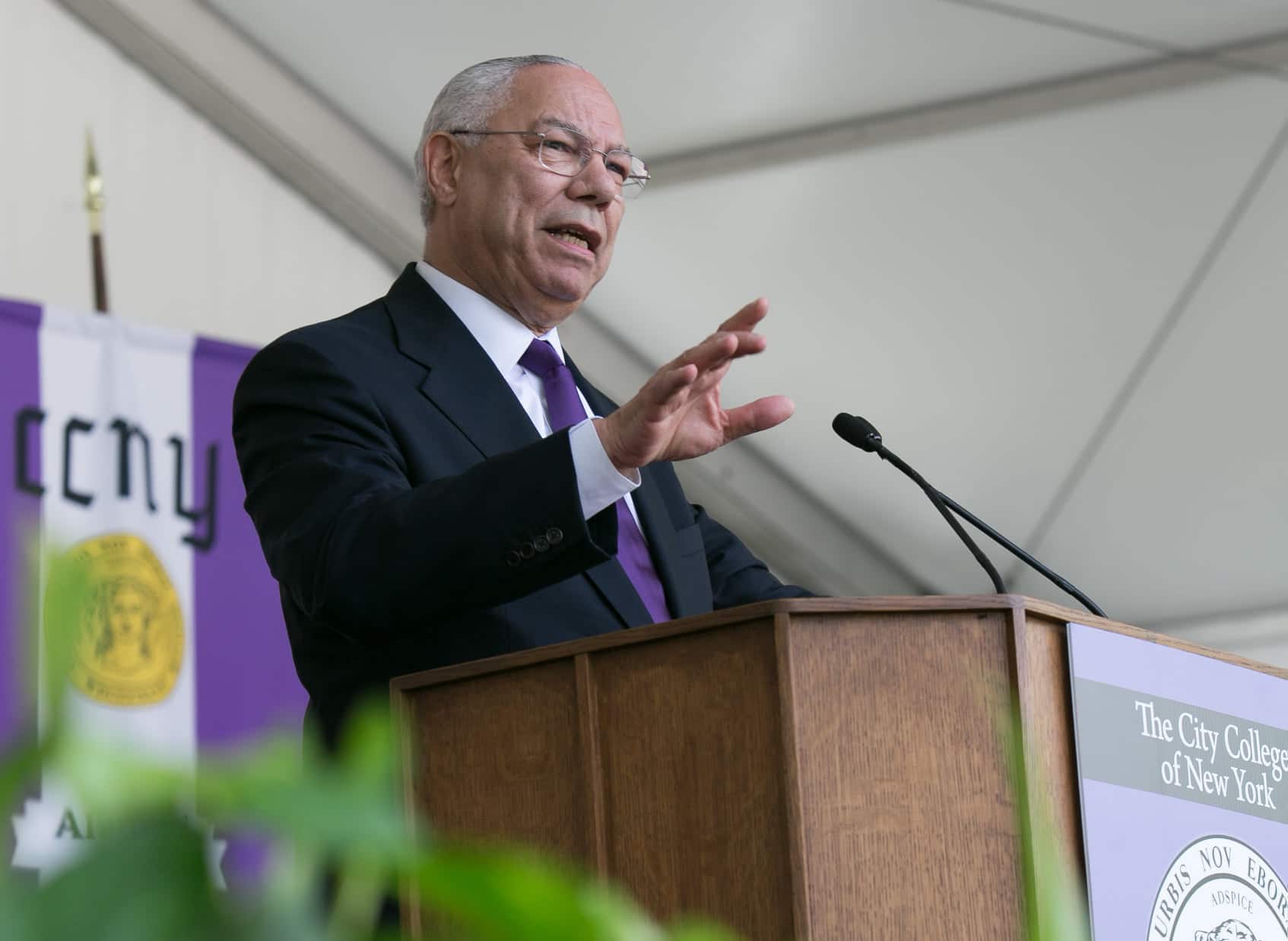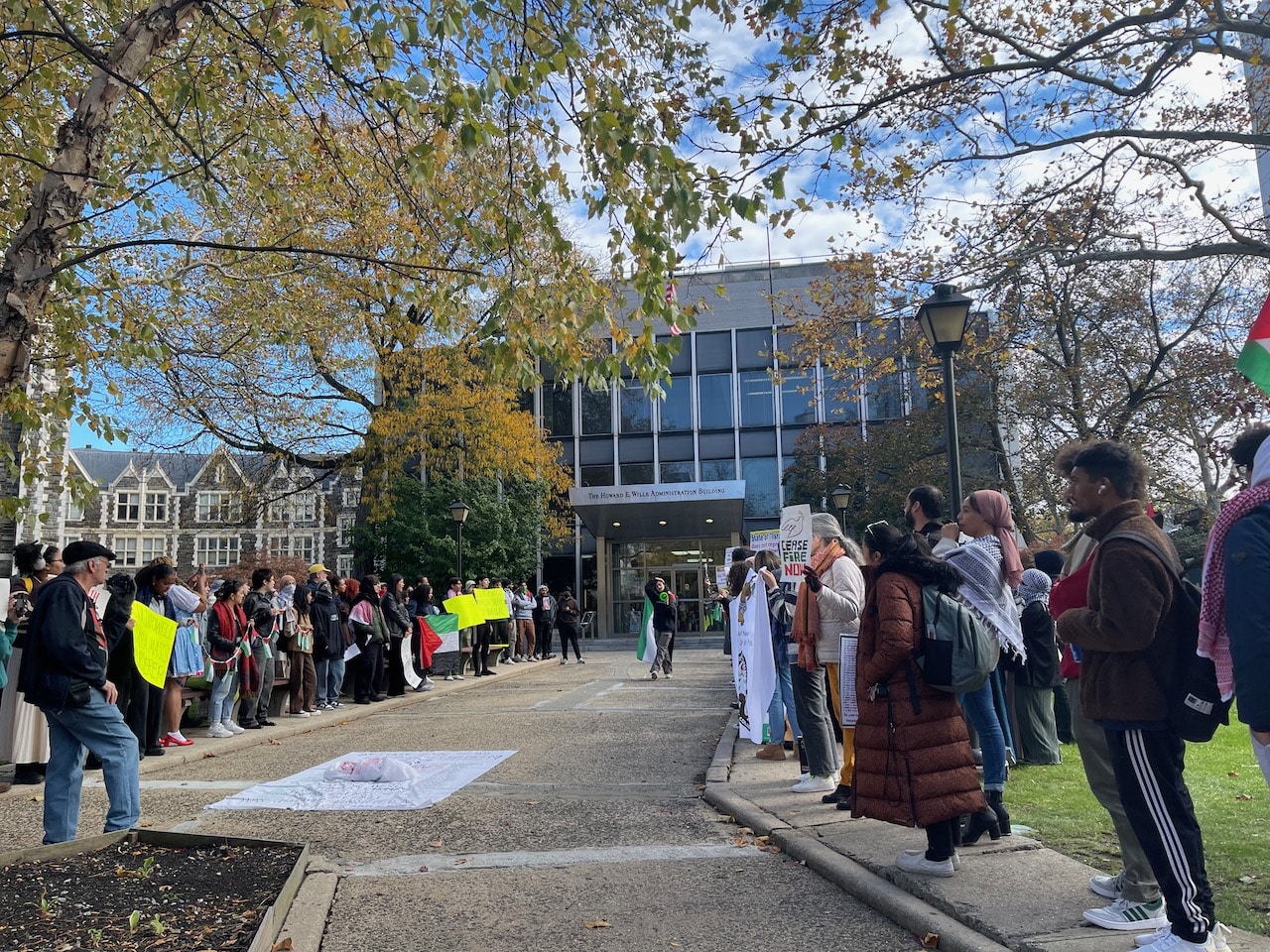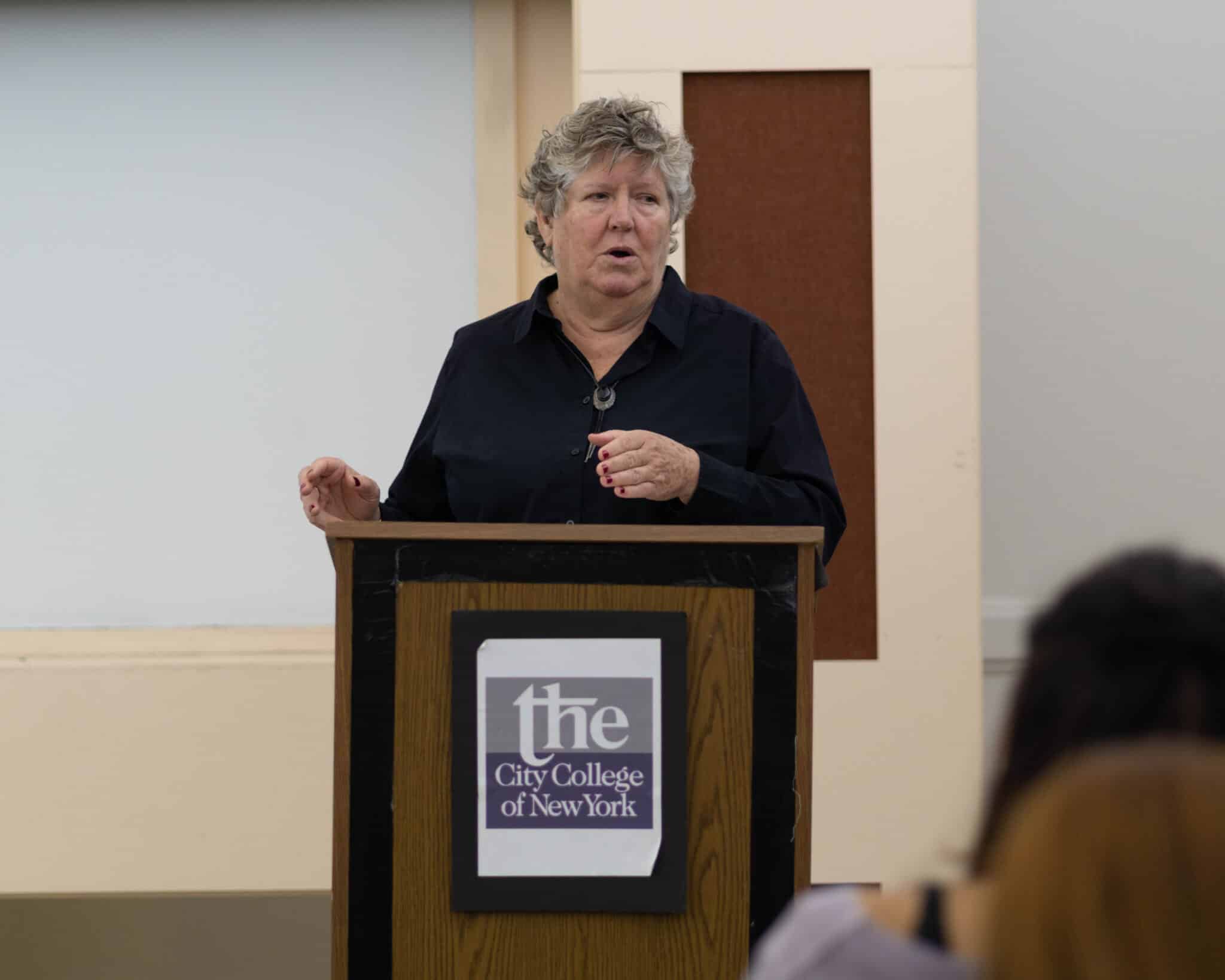General Powell speaks at a graduation at The City College of New York. Photo from Colin Powell School.
Just three weeks before he died, General Colin Powell appeared on a City College of New York (CCNY) Zoom interview with his daughter Linda. The General, for whom the City College Colin Powell School of Civic and Global leadership is named, gave generously of his time to his alma mater. He graduated from CCNY in 1958, and during the interview he said he saw himself in the Colin Powell students. “They were me. I met them, and they were me.”
On Monday, October 18, 2021, General Colin Luther Powell, the first African American Secretary of State, died of COVID-19 complications at age 84, said the Powell family Monday. General Powell had been fighting multiple myeloma, a plasma cell cancer that attacks the body’s immune system. He was fully vaccinated against the novel coronavirus, but immunocompromised individuals are still very vulnerable to the virus.
CCNY President Vincent Boudreau credits General Powell for inspiring a wave of initiatives that help students financially and intellectually. “Today, the college is rife with student support programs—not as many as we need, but far more extensive than we would ever have imagined when we began in 2005,” said the President in a statement. “General Powell, by his example, his leadership, and his support engineered that change, and we are unimaginably better for it.”
In 2004, then Political Science professors Andrew Rich and Vincent Boudreau, created a center for policy studies at City College named after Powell. Since Powell was still Secretary of State then, he was not involved with the center. But after he left government, Powell met with Rich and Boudreau. “He was disarmingly kind and generous and engaged,” said Rich to HarlemView. “He showed us immediately that he cared passionately about this school.”
The center then became the Colin Powell School for Civil and Global Leadership in 2013. It is the school of social sciences and the largest student division in the college with over four thousand students. The school offers fellowships that prepare students for public service and awards thousands of dollars in scholarships. General Powell chaired the board of the school and helped shape its direction.
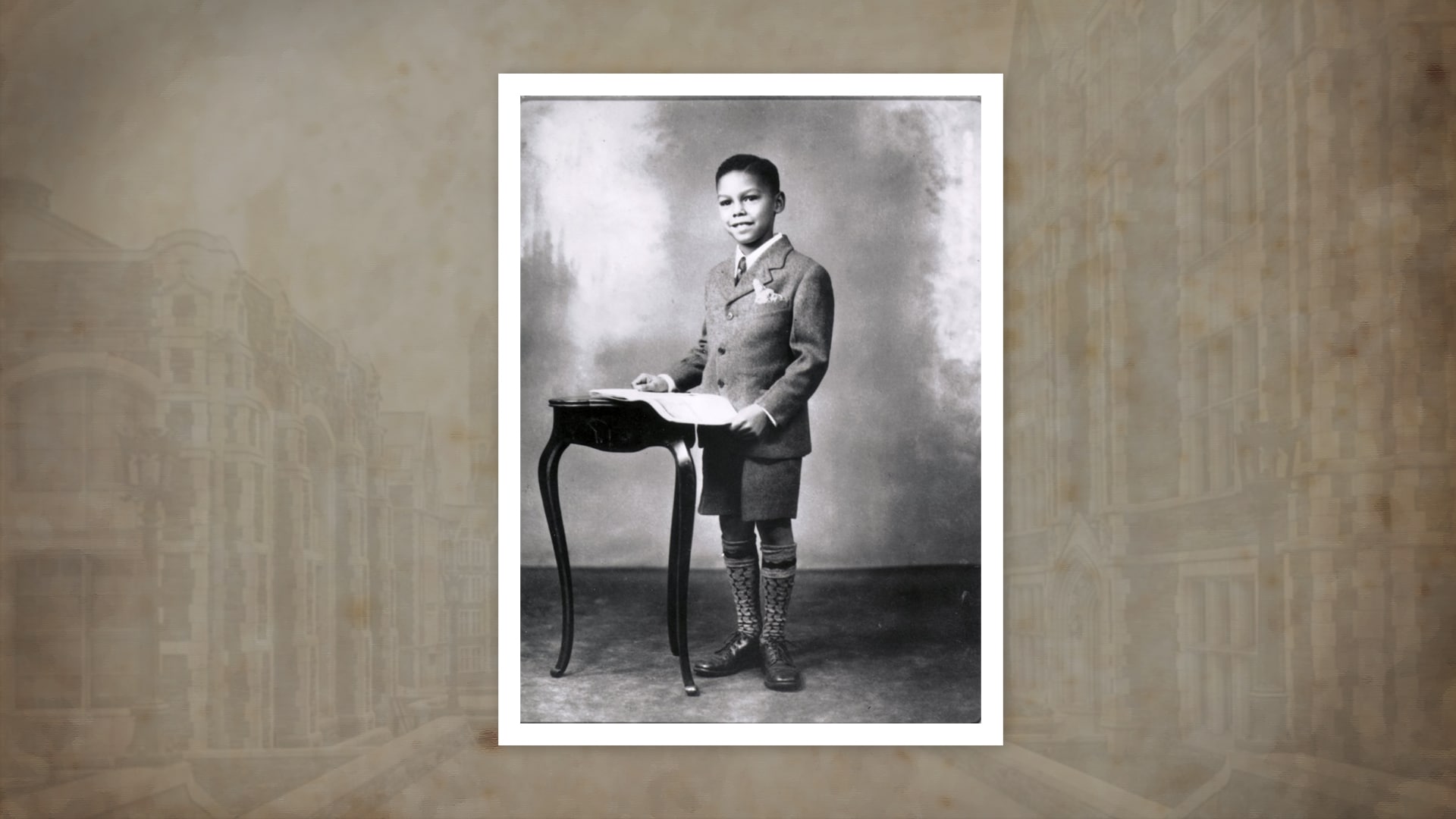
Powell was born in Harlem in 1937, the son of two Jamaican immigrants. He was raised in the South Bronx and attended Morris High School. After his graduation in 1954, Powell enrolled at City College to pursue a Bachelor of Science in Geology.
While at CCNY, Powell joined the Army’s Reserve Officers’ Training Corps. He was navigating the first years of an integrated army. President Harry S. Truman had issued Executive Order 9981 abolishing segregation in the military less than a decade earlier in 1948.
Powell graduated from City College in 1958. He admittedly did not have good grades but found his passion in the ROTC. “I not only liked it, but I was pretty good at it,” said Powell in an interview. “If you can put those two things together, then you’re on the right track, and just drive on.”
After graduation, Powell began his long career in the military. He did two tours in Vietnam, one from 1962 to 1963, and later from 1968 to 1971. During the second tour, Powell was decorated with the Soldier’s Medal for rescuing three soldiers from the wreckage of a helicopter crash. Also, in the second tour, Powell served in the unit responsible for the My Lai Massacre. He was cleared of any wrongdoing, but his presence there remains controversial to many.
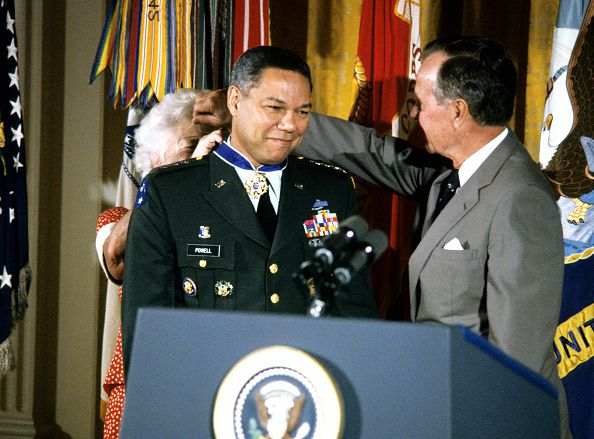
Powell went on to serve the country in positions of power after the war, most of which as the first African American to ever hold them. He served as military assistant to the Secretary of Defense and National Security Advisor during President Ronald Reagan’s administration. At age 52, Powell also became the youngest and first black Chairman of the Joints Chiefs of Staff for President George H. W. Bush.
As Chairman, Powell led the U.S. military in the 1991 Persian Gulf War against the Iraqi invasion of Kuwait. During the war, Powell became famous for his “doctrine.” As veteran reporter Marvin Kalb explains Powell’s thinking, “I want to put the number of troops in that can take care of that problem, I want to have popular support, and I want to have an exit strategy.”
General Powell retired from the Army in 1993.
In 2000 Powell came back from retirement to serve as President George W. Bush’s Secretary of State. At Bush’s request, and as the nation’s top diplomat, Powell gave a speech to the United Nations Security Council in 2003 and claimed that Iraq possessed weapons of mass destruction. “There can be no doubt that Saddam Hussein has biological weapons and the capability to rapidly produce more, many more,” said Powell in his speech.
Yet, after eight years and hundreds of thousands of casualties during the war, the United States never found weapons of mass destruction. Powell acknowledged his speech at the U.N. was a “blot” on his record. “It will always be a part of my record,” said Powell in an interview. “It was painful. It’s painful now.”
Secretary Powell resigned from his post in 2005 and since then became interested in helping City College students achieve his success.
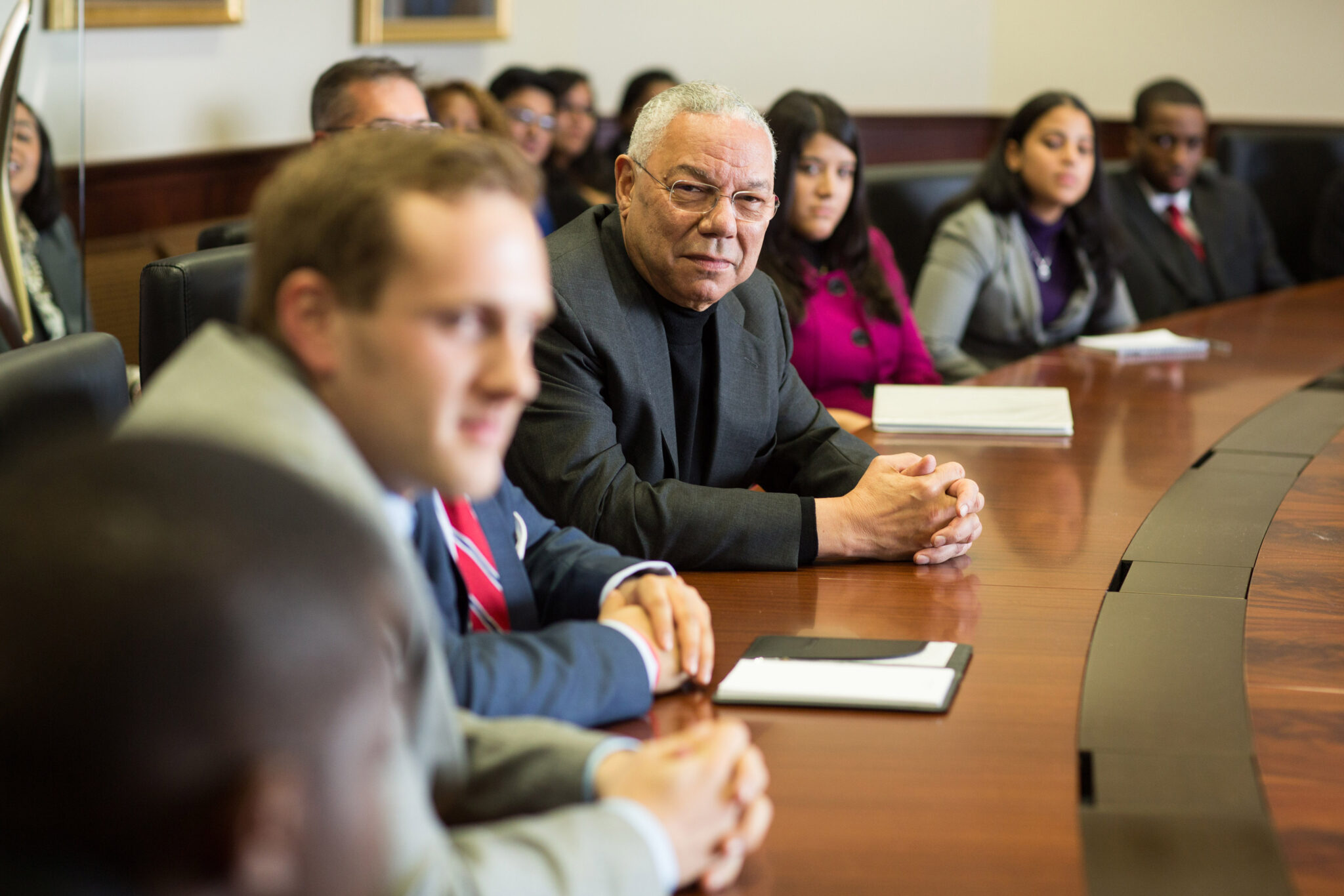
Some students at the school, some of them fellows at the Colin Powell School, have trouble reconciling the benefits of these programs and scholarships with the career decisions General Powell made during his public service career. Colin Powell School Dean Andrew Rich said Powell welcomed those who disagreed with him.
“He embraced his critics, and he always embraced City College as a place where criticism was welcome,” said Rich. “But I’ll say this, there’s no one in the history of the college who has been as devoted in his time and attention to this institution and its students.”
Tags: CCNY Journalism Diego Munhoz General Colin Luther Powell General Powell General Powell's Death Harlem ROTC South Bronx The City College of New York The Colin Powell School
